Is your activity tracker making you anxious?
Do you wear an activity tracker to monitor your steps, calories, exercise, sleep levels or even the amount you read?
A study published in the Journal of Consumer Research found that tracking an activity may significantly reduce enjoyment of the activity, making it feel more like work than pleasure. This could reduce motivation in the long term. Researchers also found that fitness or calorie trackers may worsen symptoms of eating disorders as they encourage a fixation on numbers.
A study in BMC Psychology, which examined the emotional impact of wearing activity trackers, found that, by and large, they offer a positive experience with little risk for most people. However, people with certain personality traits are more vulnerable to negative consequences from them. These are some of the signs your tracker may be doing more harm than good:
1 You are ignoring your body cues. You feel fatigued but you continue to exercise or you are very hungry but forego food because of what your device says.
2 Your mood depends on your numbers.
3 You are mentally preoccupied with your device, ie you spend an inordinate amount of time thinking about meeting the numerical goals on your tracker.
Experts suggest shifting the emphasis from numerical goals to finding activities you truly enjoy, eating mindfully and practising self-compassion.
It’s worth keeping in mind that while some smartwatches can detect irregular heart rhythms, this information is not always accurate. In 2020, a National Institutes of Health-funded study found that these types of devices can affect users’ peace of mind by triggering psychological issues, such as heightened anxiety.
Doctors say that it is becoming common for people to attend emergency departments because of smartwatch information about heart rhythms. Some patients may even become more anxious because of all the information available to them.
Doctors suggest bringing up any concerning readings with your GP as smartwatch readings are not a substitute for in-person testing.
Wearable fitness devices can be a double-edged sword they say, they can help patients to detect abnormal heart rhythms earlier but these can also be a false alarm, which heightens the user’s anxiety levels.
The daily recommendation for water intake is six to eight glasses (250ml) every day.
You can count tea and coffee, but they are mild diuretics, which means they make you urinate more.
Always remember to drink more in hot weather.
Why? Healthline.com says drinking the required amount helps your body in many ways: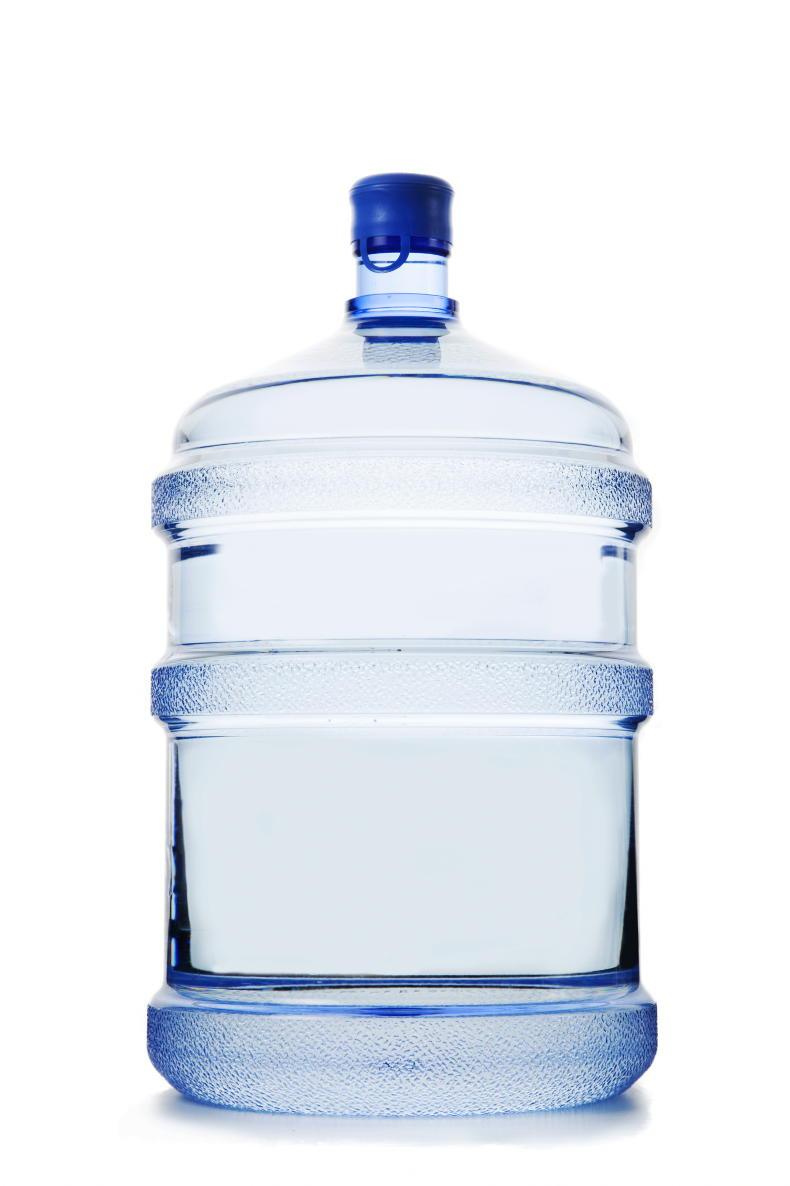
Helps to create saliva.Regulates your body temperature.Protects your tissues, spinal cord and joints.Helps excrete waste through perspiration, urination and defecation.Helps maximise physical performance.Helps prevent constipation.Aids digestion. Helps with nutrient absorption.Helps with weight loss.Improves blood oxygen circulation.Helps fight off illness.Boosts energy.Creative arts – health benefits in later life
Arts and creativity have an important role to play in health and wellbeing in later life and can help improve physical, psychological, and social health and wellbeing in older adults, a new report published by the Institute of Public Health (IPH) has found. See Publichealth.ie The report, Arts and Creativity in Later Life: Implications for Public Health and Older People reviewed more than 70 international studies investigating the potential health and wellbeing benefits of dancing, music and singing, visual and creative arts, and drama and theatre.
The research carried out by the Institute of Public Health found that dance is particularly beneficial for improving balance, mobility, strength, flexibility, physical activity, as well as improving cognitive function.
Music, singing and visual arts can provide improvements in cognitive function and improved emotions, improve quality of life, social connections, and improve a person’s sense of wellbeing.
Cold showers: are they good for you?
Cold showers may not be for everyone and you should always check with your GP if you are on medication before doing this, but several recent scientific studies have shown that they have some health benefits.
The British Journal of Sports Medicine has found that cold showers create a sense of invigoration and alertness, which may prompt a person to be more physically active.
A study in the journal PLoS One found that people who take cold showers are 29% less likely to call in sick for work or school as their immune system was stronger.
The journal Medical Hypotheses found that people may be less likely to experience depressive symptoms after a cold shower (giving up medication is not advised).
The Journal of Strength and Conditioning Research found that contrast water therapy (hot then cold) can help physical recovery after exercise.
The North American Journal of Medical Sciences found that exposure to cold water can reduce pain by causing blood vessels to constrict, which can help reduce swelling.
Scientists recommend starting slowly by lowering the temperature at the end of your usual shower. When the temperature is uncomfortable, stay underneath the water for two to three minutes. Breathing deeply will help. Increase time as you get used to cold showers.
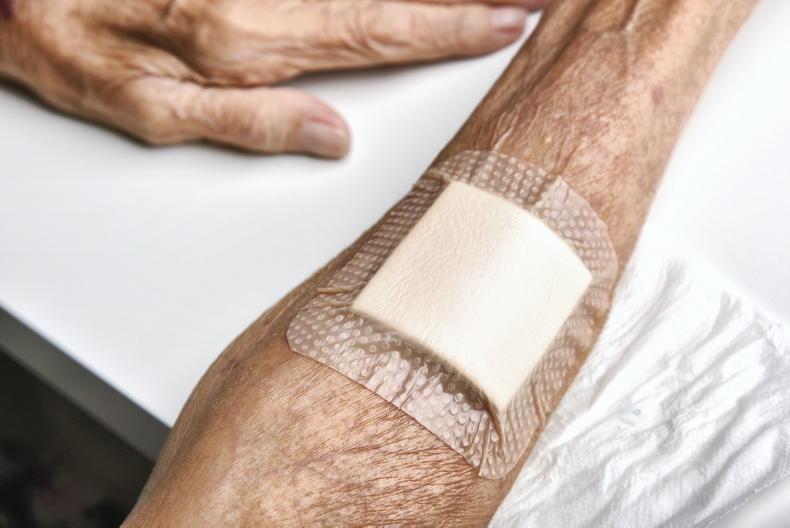
Scientists at Queen’s University Belfast have developed an indicator for wound infections that changes colour if a patient’s wound shows early signs of infection. This allows infections to be detected without taking off a dressing. The sensor detects the rise in carbon dioxide that happens when infection occurs, causing a “dot” to change colour and flagging the infection early on.
The findings were published in The Royal Society of Chemistry’s ChemComm journal.
Health insurance deemed essential but bad value
New Health Insurance Authority (HIA) research has shown that private health insurance (PHI) is deemed a necessity rather than a luxury, but is not viewed as value for money, however. The HIA Consumer Survey 2021 found that:
Respondents viewed PHI as a necessity. Only 27% believed they are getting good value for money.Fewer people believe it represents good value for money than in 2019.Numbers of people with PHI since 2019 is up 5%.There has been an increase in the number of 18- to 24-year-olds taking out health insurance.Majority of people take it out as a means of getting faster healthcare.Most respondents were reluctant to switch providers – 30% saving needed to do so.Humour helps
Does having a good laugh help you? The research would suggest that yes, it does!
A study by Dunbar found that laughter raised people’s pain thresholds. We get an endorphin rush when we share social laughter and oxytocin is also released in the brain. Endorphins – natural opiates – make us feel relaxed, encourage social and sexual interaction and increase levels of trust, they say.
Laughter also reduces stress hormones like cortisol in our systems too and increases immune cells and infection-fighting antibodies.
Even watching a funny video can decrease cortisol levels in saliva and mirthful laughter can reduce serum concentrations of cortisol, dopamine and adrenaline (epinephrine).
A new laboratory focusing on irritable bowel disease, Crohn’s disease and ulcerative colitis at the APC Microbiome Ireland SFI Research Centre in UCC has received €5.6m in funding. The grant will resource 13 personnel as well as the lab.Cork University Press has published Living with Motor Neurone Disease: A Complete Guide edited by Dr Marie Murray in collaboration with the Irish Motor Neurone Disease Association. Royalties go to the IMNDA. Price €14.95. Diabetes Ireland has unveiled Diabetes Smart, a free online education programme for people with type two diabetes. See www.diabeteseducation.ie Breast Cancer Ireland (BCI) research has shown that 75% of women still don’t know how to properly check their breasts.BCI is teaming up with UPMC Hillman Cancer Centre to promote breast health awareness. Educational presentations will be delivered around the country using a medical mannequin to educate participants on how to self check and to encourage people to download BCI’s free Breast Aware App. Pregnant and looking for hi-vis workwear? See www.arcosafety.ie or www.hivis.co.ukHealth at every size
Did you know that stressing over your weight can actually have negative effects? HAES stands for “health at every size” and offers an alternative approach to obsessing about weight loss.
HAES focuses on intuitive eating and helping you to be at peace in your body and to find compassionate ways of caring for yourself no matter what your shape or size.
Ireland’s first HAES summit, presented by Síle Seoige, will take place at The Marker Hotel, Dublin, on Saturday 9 April. See www.nutritionwithniamh.com or visit intuative.eating.ireland on Instagram for more information and a lineup of speakers.
Art sale
The Jack & Jill Foundation will host its annual incognito art sale on 21 April 2022. The collection goes live on 31 March where you can view the work of 1,500 artists. You get three weeks to browse the artwork before it goes on sale and you could end up taking home the work of a celebrity or famous artists – the names are only revealed afterwards. The cost is €60 for each postcard-sized artwork. To register with Incognito 2022 visit www.incognito.ie
AWARE Life Skills Course
Learn how to better manage the stress of everyday life with Aware’s six-week course. These courses will take place from 22 April and will be held both in-person and on Zoom. Registration opens on 4 April. There is a refundable booking fee of €30. See www.aware.ie/programmes/life-skills-group-programme/ for more info. The Aware support line is open from 10am to 10pm on 1800 80 48 48
WellFest 2022
Wellfest returns this spring to Royal Hospital Kilmainham on 7-8 May. There will be over 150 health and wellness experts and over 15 stages. The line-up includes people such as Joe Wicks and Dr Alex George. Weekend tickets cost €80 plus booking fee. See www.wellfest.ie for more information.
Read more
Emotional eating: putting the brakes on
Rare cancers: look beyond the obvious
Is your activity tracker making you anxious?
Do you wear an activity tracker to monitor your steps, calories, exercise, sleep levels or even the amount you read?
A study published in the Journal of Consumer Research found that tracking an activity may significantly reduce enjoyment of the activity, making it feel more like work than pleasure. This could reduce motivation in the long term. Researchers also found that fitness or calorie trackers may worsen symptoms of eating disorders as they encourage a fixation on numbers.
A study in BMC Psychology, which examined the emotional impact of wearing activity trackers, found that, by and large, they offer a positive experience with little risk for most people. However, people with certain personality traits are more vulnerable to negative consequences from them. These are some of the signs your tracker may be doing more harm than good:
1 You are ignoring your body cues. You feel fatigued but you continue to exercise or you are very hungry but forego food because of what your device says.
2 Your mood depends on your numbers.
3 You are mentally preoccupied with your device, ie you spend an inordinate amount of time thinking about meeting the numerical goals on your tracker.
Experts suggest shifting the emphasis from numerical goals to finding activities you truly enjoy, eating mindfully and practising self-compassion.
It’s worth keeping in mind that while some smartwatches can detect irregular heart rhythms, this information is not always accurate. In 2020, a National Institutes of Health-funded study found that these types of devices can affect users’ peace of mind by triggering psychological issues, such as heightened anxiety.
Doctors say that it is becoming common for people to attend emergency departments because of smartwatch information about heart rhythms. Some patients may even become more anxious because of all the information available to them.
Doctors suggest bringing up any concerning readings with your GP as smartwatch readings are not a substitute for in-person testing.
Wearable fitness devices can be a double-edged sword they say, they can help patients to detect abnormal heart rhythms earlier but these can also be a false alarm, which heightens the user’s anxiety levels.
The daily recommendation for water intake is six to eight glasses (250ml) every day.
You can count tea and coffee, but they are mild diuretics, which means they make you urinate more.
Always remember to drink more in hot weather.
Why? Healthline.com says drinking the required amount helps your body in many ways:
Helps to create saliva.Regulates your body temperature.Protects your tissues, spinal cord and joints.Helps excrete waste through perspiration, urination and defecation.Helps maximise physical performance.Helps prevent constipation.Aids digestion. Helps with nutrient absorption.Helps with weight loss.Improves blood oxygen circulation.Helps fight off illness.Boosts energy.Creative arts – health benefits in later life
Arts and creativity have an important role to play in health and wellbeing in later life and can help improve physical, psychological, and social health and wellbeing in older adults, a new report published by the Institute of Public Health (IPH) has found. See Publichealth.ie The report, Arts and Creativity in Later Life: Implications for Public Health and Older People reviewed more than 70 international studies investigating the potential health and wellbeing benefits of dancing, music and singing, visual and creative arts, and drama and theatre.
The research carried out by the Institute of Public Health found that dance is particularly beneficial for improving balance, mobility, strength, flexibility, physical activity, as well as improving cognitive function.
Music, singing and visual arts can provide improvements in cognitive function and improved emotions, improve quality of life, social connections, and improve a person’s sense of wellbeing.
Cold showers: are they good for you?
Cold showers may not be for everyone and you should always check with your GP if you are on medication before doing this, but several recent scientific studies have shown that they have some health benefits.
The British Journal of Sports Medicine has found that cold showers create a sense of invigoration and alertness, which may prompt a person to be more physically active.
A study in the journal PLoS One found that people who take cold showers are 29% less likely to call in sick for work or school as their immune system was stronger.
The journal Medical Hypotheses found that people may be less likely to experience depressive symptoms after a cold shower (giving up medication is not advised).
The Journal of Strength and Conditioning Research found that contrast water therapy (hot then cold) can help physical recovery after exercise.
The North American Journal of Medical Sciences found that exposure to cold water can reduce pain by causing blood vessels to constrict, which can help reduce swelling.
Scientists recommend starting slowly by lowering the temperature at the end of your usual shower. When the temperature is uncomfortable, stay underneath the water for two to three minutes. Breathing deeply will help. Increase time as you get used to cold showers.

Scientists at Queen’s University Belfast have developed an indicator for wound infections that changes colour if a patient’s wound shows early signs of infection. This allows infections to be detected without taking off a dressing. The sensor detects the rise in carbon dioxide that happens when infection occurs, causing a “dot” to change colour and flagging the infection early on.
The findings were published in The Royal Society of Chemistry’s ChemComm journal.
Health insurance deemed essential but bad value
New Health Insurance Authority (HIA) research has shown that private health insurance (PHI) is deemed a necessity rather than a luxury, but is not viewed as value for money, however. The HIA Consumer Survey 2021 found that:
Respondents viewed PHI as a necessity. Only 27% believed they are getting good value for money.Fewer people believe it represents good value for money than in 2019.Numbers of people with PHI since 2019 is up 5%.There has been an increase in the number of 18- to 24-year-olds taking out health insurance.Majority of people take it out as a means of getting faster healthcare.Most respondents were reluctant to switch providers – 30% saving needed to do so.Humour helps
Does having a good laugh help you? The research would suggest that yes, it does!
A study by Dunbar found that laughter raised people’s pain thresholds. We get an endorphin rush when we share social laughter and oxytocin is also released in the brain. Endorphins – natural opiates – make us feel relaxed, encourage social and sexual interaction and increase levels of trust, they say.
Laughter also reduces stress hormones like cortisol in our systems too and increases immune cells and infection-fighting antibodies.
Even watching a funny video can decrease cortisol levels in saliva and mirthful laughter can reduce serum concentrations of cortisol, dopamine and adrenaline (epinephrine).
A new laboratory focusing on irritable bowel disease, Crohn’s disease and ulcerative colitis at the APC Microbiome Ireland SFI Research Centre in UCC has received €5.6m in funding. The grant will resource 13 personnel as well as the lab.Cork University Press has published Living with Motor Neurone Disease: A Complete Guide edited by Dr Marie Murray in collaboration with the Irish Motor Neurone Disease Association. Royalties go to the IMNDA. Price €14.95. Diabetes Ireland has unveiled Diabetes Smart, a free online education programme for people with type two diabetes. See www.diabeteseducation.ie Breast Cancer Ireland (BCI) research has shown that 75% of women still don’t know how to properly check their breasts.BCI is teaming up with UPMC Hillman Cancer Centre to promote breast health awareness. Educational presentations will be delivered around the country using a medical mannequin to educate participants on how to self check and to encourage people to download BCI’s free Breast Aware App. Pregnant and looking for hi-vis workwear? See www.arcosafety.ie or www.hivis.co.ukHealth at every size
Did you know that stressing over your weight can actually have negative effects? HAES stands for “health at every size” and offers an alternative approach to obsessing about weight loss.
HAES focuses on intuitive eating and helping you to be at peace in your body and to find compassionate ways of caring for yourself no matter what your shape or size.
Ireland’s first HAES summit, presented by Síle Seoige, will take place at The Marker Hotel, Dublin, on Saturday 9 April. See www.nutritionwithniamh.com or visit intuative.eating.ireland on Instagram for more information and a lineup of speakers.
Art sale
The Jack & Jill Foundation will host its annual incognito art sale on 21 April 2022. The collection goes live on 31 March where you can view the work of 1,500 artists. You get three weeks to browse the artwork before it goes on sale and you could end up taking home the work of a celebrity or famous artists – the names are only revealed afterwards. The cost is €60 for each postcard-sized artwork. To register with Incognito 2022 visit www.incognito.ie
AWARE Life Skills Course
Learn how to better manage the stress of everyday life with Aware’s six-week course. These courses will take place from 22 April and will be held both in-person and on Zoom. Registration opens on 4 April. There is a refundable booking fee of €30. See www.aware.ie/programmes/life-skills-group-programme/ for more info. The Aware support line is open from 10am to 10pm on 1800 80 48 48
WellFest 2022
Wellfest returns this spring to Royal Hospital Kilmainham on 7-8 May. There will be over 150 health and wellness experts and over 15 stages. The line-up includes people such as Joe Wicks and Dr Alex George. Weekend tickets cost €80 plus booking fee. See www.wellfest.ie for more information.
Read more
Emotional eating: putting the brakes on
Rare cancers: look beyond the obvious






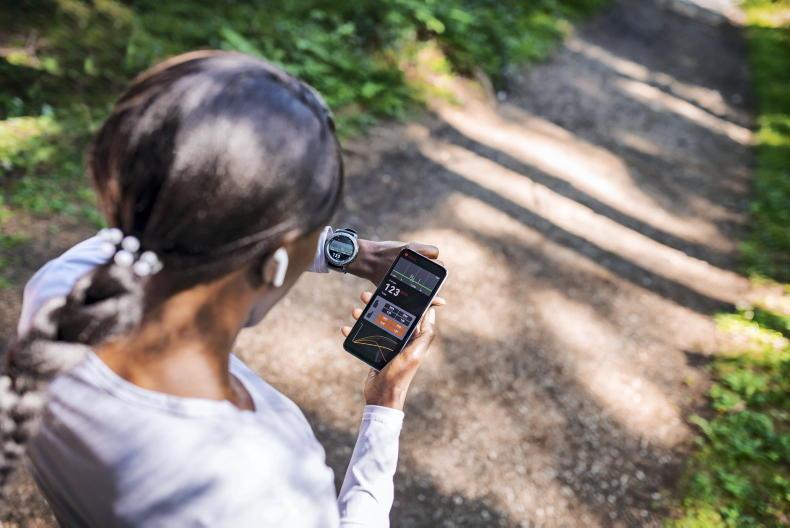
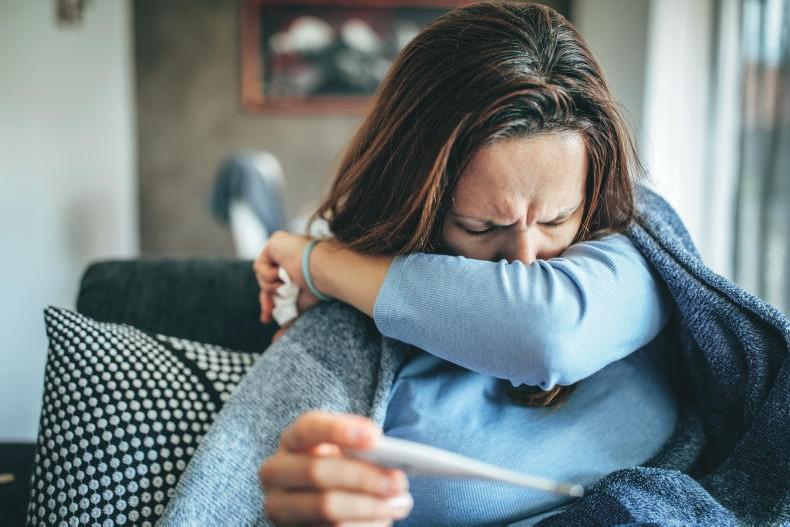

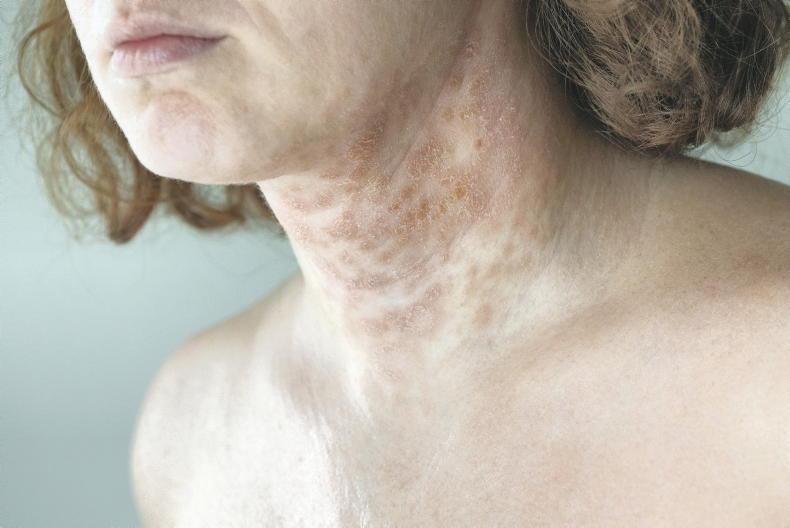

SHARING OPTIONS